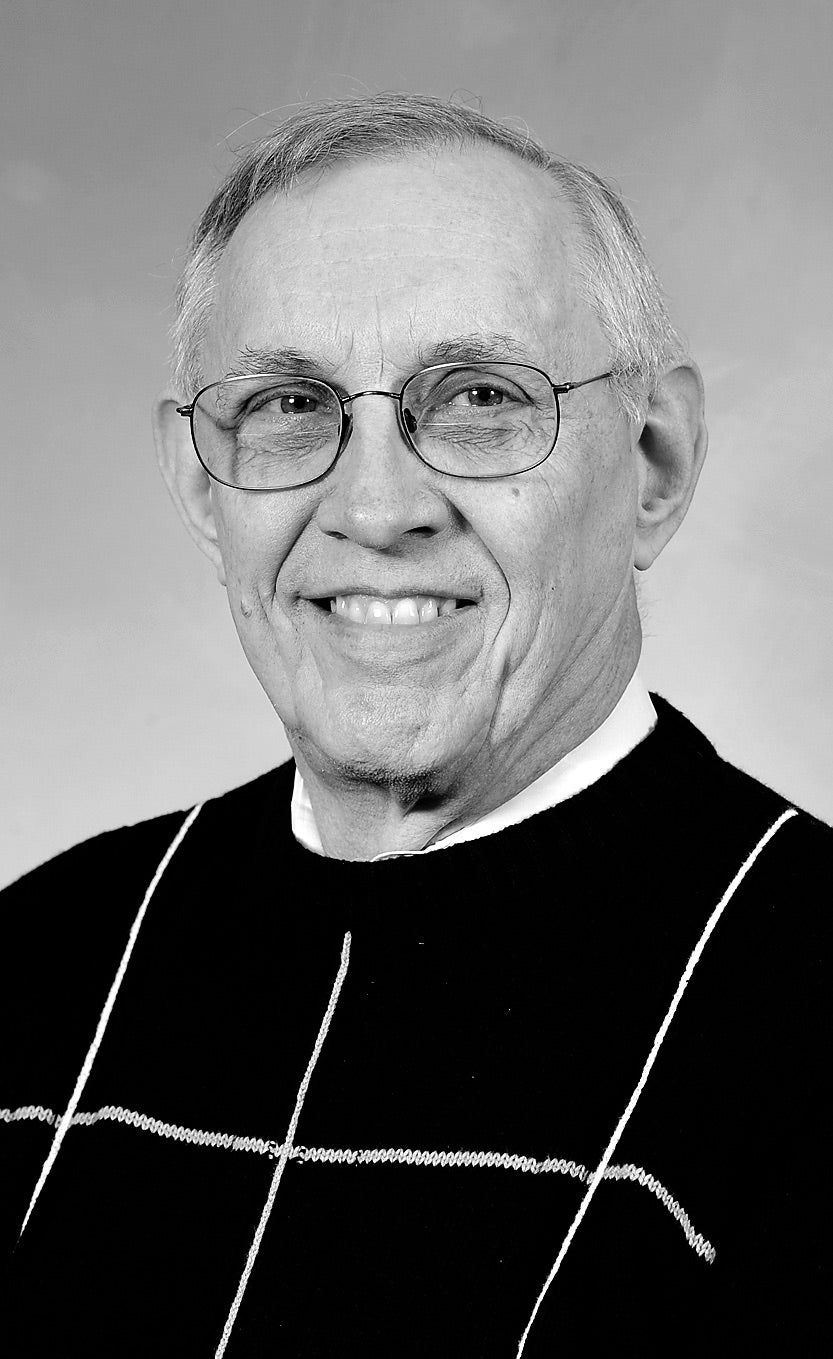Witt: There is no value in not hearing
Published 12:58 pm Tuesday, June 13, 2017

- Chuck Witt
There is an unsettling trend afoot in the country now, a trend which is seeing college and university campuses denying speakers and canceling speaker engagements because of (primarily) student outcries about ‘offensive’ speech.
Let’s be completely clear.
One, such campuses have traditionally been the bedrock locations where unpopular or unconventional ideas have been freely aired, where developing adults can be exposed to a vast array of ideas and content and two, there is no God-given or Constitutional right for anyone to be protected from what one might construe as ‘offensive’ ideas or comments.
There are also numerous reasons why unpopular speech should not be pre-censored.
First, who decides what is offensive? A small group of students? Their professors? The administration? Perhaps the worst current example of single-purpose censorship can be found in North Korea, by a despot who is not reluctant to imprison — and occasionally execute — anyone speaking against his regime.
Second, what is the criteria for unacceptable speech? Does the criteria change without notice? Is it the same for everyone? Who must be offended in order for the speech to be circumscribed?
Third, as much as speakers have a license to free speech, there is an associated license to HEAR. Those who would censor speakers for hateful speech deprive others who have every right to listen, for whatever reason.
Fourth, suppose the listener or the one seeking to censor is partially wrong? Will that listener not be further educated by hearing an opinion contrary to his or her own?
Fifth, the listener may be completely wrong. Imagine the value of completely changing an opinion which has been erroneously held.
Sixth, there is a possibility of learning something completely new. Even if the new knowledge is not in agreement with beliefs held by the listener, it will serve to strengthen the arguments against what is heard. There is no value in not hearing. It is impossible to formulate a defense against an idea which has not been exposed.
Seventh, by listening, everyone who does so gets better at evaluating content and argument. Continual listening is like art; the more one does it, the better he or she will get at it and the more adept will they become at combating erroneous information.
Eighth, pre-censorship is a no-win situation. If one person or group succeeds at censorship today, what is the guarantee that their opposition will not prevail in censoring that person or group in the future, even to using the same arguments for doing so.
The power of ideas is what moves a civilization forward and ideas which can withstand harsh examination are the ones most valuable.
There is an old saying: the strongest steel is tempered in the hottest fire.
So it is with ideas. History has proven it time and again as we have seen untenable expressions fall by the wayside to powerful counterargument.
Students, faculty, administration have every right to decry the ideas of those invited to their campuses, to demonstrate against them, but they have no right to silence them. By doing so, they are sowing the seeds of their own disenfranchisement.
Supreme Court Justice Louis Brandeis stated: “It is the function of speech to free men from the bondage of irrational fears.” Surely the freedom of speech can be seen as a prelude to the freedom from bondage.
Chuck Witt is a retired architect and a lifelong resident of Winchester. He can be reached at chuck740@bellsouth.net.





